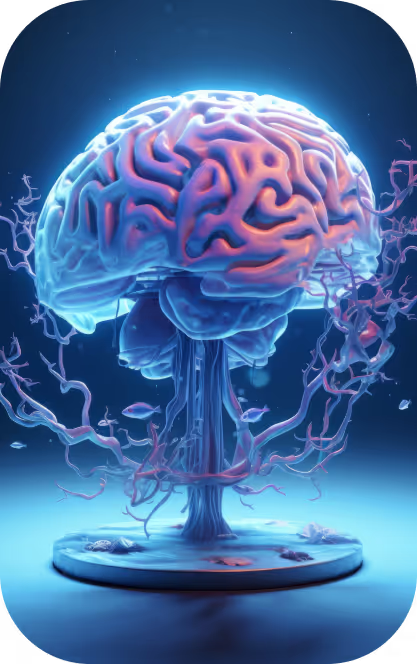A MODEL OF PERSONNEL TRAINING IN A DIGITAL UNIVERSITY
Magazine Name
Type
date
Authors
DOI
Annotation
The article substantiates the conceptual foundations for developing a model of personnel training in a digital university as a new educational ecosystem focused on the needs of the digital economy. Considering the global transformation processes, digitalization of socio-economic relations, and the rapid renewal of the technological environment, the need to revise approaches to the organization of professional education is actualized. The model of personnel training in a digital university is positioned as a polystructural system combining content, organizational, procedural, and technological components. The model of personnel training in a digital university is positioned as a polystructural system that combines content, organizational, procedural, and technological components. The need to integrate digital literacy, interdisciplinarity, institutional openness, and intellectual autonomy into the educational process is indicated. The importance of the normative-legal, scientific, methodological, and empirical prerequisites that form the methodological basis of the modernized system of personnel training is highlighted. Modern international strategic documents (the UN Sustainable Development Goals by 2030, the UNESCO Qingdao Declaration, the European Union’s digital strategy, OECD initiatives) that define global guidelines for the digital transformation of education are analyzed. It is determined that the digital university functions as a flexible educational platform capable of synergistically combining institutional resources, digital technologies, innovative educational practices, and labor market needs. The developed structural and functional model of personnel training includes cloud technologies, blended learning, microlearning, massive open online courses (MOOCs), and automated content curation tools. Particular attention is paid to the principles of fractality, equifinality, hierarchical coherence, and self-development as the theoretical basis of the new educational paradigm. Personnel training in a digital university is seen as a continuous process of forming professional competencies based on dynamic knowledge updating, development of critical thinking, self-education, and adaptation to digital work conditions. The effectiveness of this model is determined by its ability to provide high-quality staffing for the digital economy, increase the level of professional mobility and competitiveness of graduates.










